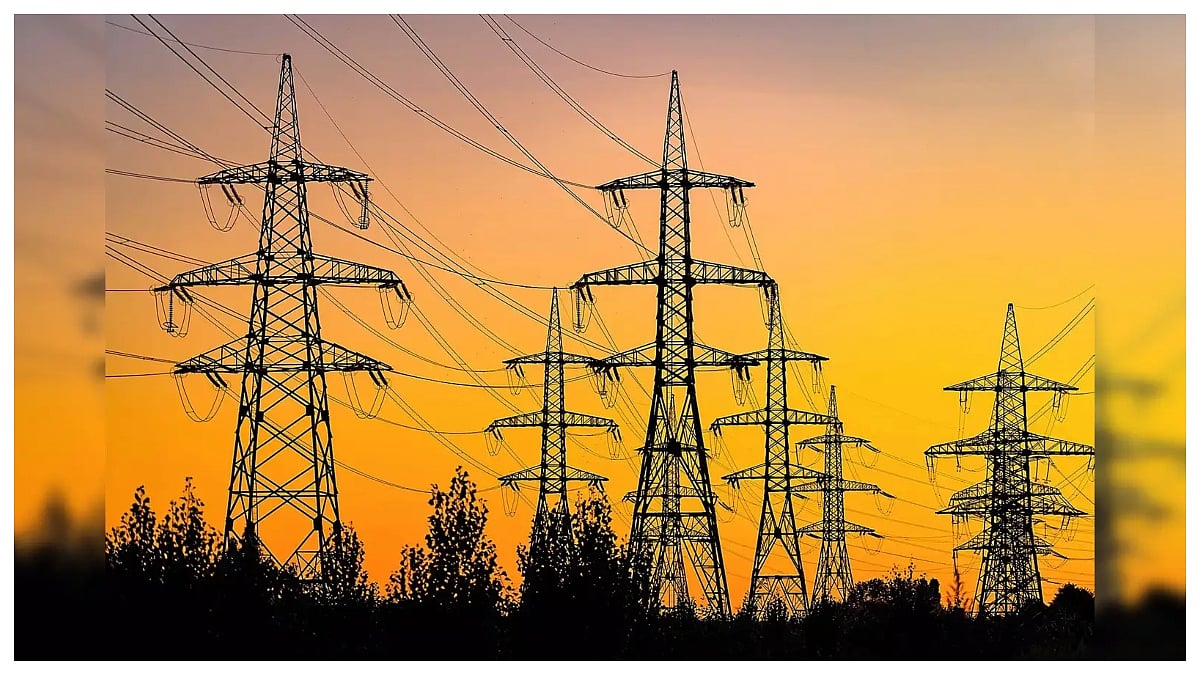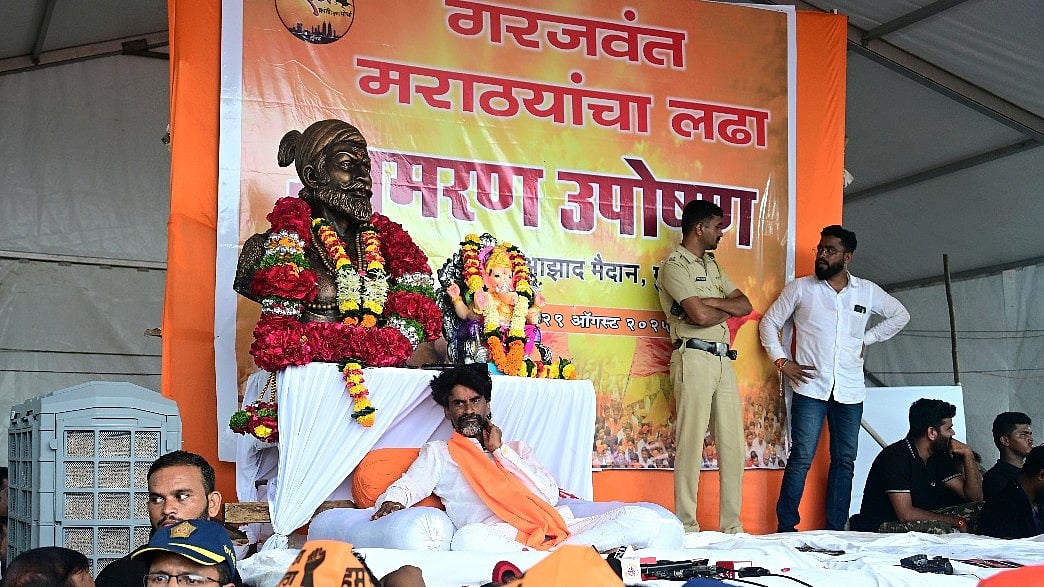Our justice delivery system is not Indian, feels the present CJI. It is still colonial, feels a sitting Supreme Court Judge. These remarks, with the greatest respect, miss the core issue. The term ‘profession’is understood as a vocation or calling, especially one that involves some branch of advanced learning.
That is why our Constitution separates this phrase from occupation, trade and business. The term ‘professional’ in the ordinary sense means worthy, skilled, competent. It also means ethical. The word ‘ethical’ is defined as morally correct, honourable. Therefore, an advocate has to be both well-trained and professional.
The word ‘competent’, in turn, is defined as able or skilled. It means good enough, knowledgeable and qualified. Thus, quality and competence are essential for an advocate. Our justice delivery system aims at not merely disposing of cases or matters. It also does not believe in clearing files or piles of papers. Rendering justice is a divine function.
It means a constant and perpetual will to render to everyone that to which they are entitled - in the words of Cicero: “The disposition of the human mind to render everyone his due” (See B P Achala Anand v.S Appi Reddy AIR 2005 SC 986).The endeavour is to resolve a dispute in a legally permitted manner and to the complete satisfaction of both parties. It is something more than passing a judgment in favour or against a party. We have an adversarial system, in which the opponent could be the mighty state.
Therefore, one needs to ascertain the legal right of either party, whether there is injustice in the real sense. It is a pursuit of reaching out and extending support or giving assistance to get rid of injustice.
The Supreme Court of India had, in the case of the Bar Council of Maharashtra v. M V Dabholkar etc., reported in AIR 1976 SC 242, speaking through the legendary honourable Mr Justice Krishna Iyer said thus: “The legal profession ordains a high level of ethics as much as in the means as in the ends.The rule of law cannot be built on the ruins of democracy, for where law ends tyranny begins. The very survival of our republic requires a bond between the lawyer and the public.The vital role of a lawyer depends upon his probity and professional lifestyle. The central function of the legal profession is to promote the administration of justice.
If the practice of law is thus a public utility of great implications and a monopoly is statutorily granted by the nation, it obligates the lawyer to observe scrupulously those norms which make him worthy of the confidence of the community in him as a vehicle of justice - social justice. The bar cannot behave with doubtful scruples or strive on litigation”. The administration of justice together with the defence of India and the maintenance of law and order are sovereign and regal functions. The courts of law are set up at all levels for that purpose.
The realisation as referred above is the first step towards professionalism which in turn will Indianise our judiciary. The Supreme Court further cautions that the high moral tone and the considerable public service the bar is associated with and its key role in the developmental – dispute processing activities and above all,in the building of a just society and constitutional order has earned for it a monopoly to practise law and an autonomy to regulate its own internal discipline.
The most important reminder to the bar and sounded four decades ago is that the heavy public trust should not be forfeited by legalising or licensing fights for brief, affrays in the rush towards client, undercutting and wrangling among members. Judges and advocates are trustees of the public.The traditions, customs and traits of trade and business cannot be introduced in advocacy.
‘Practice’ means the actual application or use of a plan or method, as opposed to the theories relating to it. Once the advocates are a part and parcel of administration of justice, then a different set of rules, norms and standards would apply. The identification of injustice is a challenge. The docket explosion is on account of this malady. Throwing out a bad, frivolous case is also doing justice.
Huge pendency is no indication of justice all around.The wealthy and influential exploit the system to their advantage. The countless masses and victims of injustice are out of our system simply because they cannot afford to go to a court. With respect, we have failed them. The moot question is, are we professionals? A legal practitioner or an advocate has to be knowledgeable and experienced.Law goes with life and life teaches everybody something or the other.
Real-life experiences mould the practice of law to a great extent. After the theory is learnt, in practice, one must use this theory to devise methods, so that quick, firm and inexpensive justice is administered. One cannot entirely blame legal education. Of course, there are serious flaws in it.
In that due attention is not paid to two prominent subjects - jurisprudence and principles of statutory interpretation. On them rests the edifice of the practice of law. The honourable Supreme Court says that “a statute is best interpreted when we know why it was enacted. With this knowledge, the statute must be read, first as a whole and then section by section, clause by clause, phrase by phrase and word by word.
It is important to look at the context of the enactment through the glasses of the statute-maker. The text is the texture and context is what gives it the colour. No part of a statute and no word in it can be construed in isolation. Statutes have to be construed so that every word has a place and everything is in its place”.
Thus, our own jurisprudence and interpretational principles are crucial but not yet in place. For the courts to render justice in accordance with written laws, a thorough study of these foundational principles is peremptory. Advocates are unable to make an effective presentation, as no time is devoted to the practical and pragmatic aspects of the profession.
Only after the grasp of these subjects will a full-time engagement pay. In other words,the journey from a law student to a full-fledged advocate would require juniors to spend hours together not only in courts, but post-working hours, in the office of their seniors.
The day-to-day training would enable these juniors to interact with potential and regular clients,to take instructions,todraw up pleadings, get them checked and settled by seniors, accompanying the latter to the courtroom and observing meticulously the conduct of a matter. Physical, not virtual, presence in the courtroom is a lesson in how to or notto behave before a judge.
Being assertive without being unfair, command over facts and applicable laws is a compulsory attribute. Advocates of higher courts oughtto pick up the nuances and niceties of law. Court craft and original thinking is essential and helpful even in appellate work. The capacity to think on your toes is a requisite when arguing for admission of a matter in the higher court. Equally,maturity is necessary.
There is no escape from hard work as the advocate is an officer of the court and not a mouthpiece of his client. The standards at the bar have to improve, as it is from here that tomorrow’s judges will come. If the bar lacks the above noted attributes, the justice delivery system will be adversely impacted. Unfortunately, quality is overlooked. It is the best who should occupy the seat of a judge.
This is not the reality. A compromise means merit is taking a backseat. Considerations other than that if introduced, true professionals may refuse judgeship. What Mahatma Gandhi said about the British justice delivery system is sadly true even today. He said “Common sense and common law are both lacking in the justice delivery system prevalent today.” Total reformation and not just an overhaul at the Bar and Bench alone can usher ‘swadeshi’ justice.
Fiercely independent,fully autonomous and at the same time, an excellent legal set-up is demanded by all stakeholders.
That mandates a change in the mindset and readiness to introspect.
(The writer is an advocate and retired judge, Bombay High Court)











